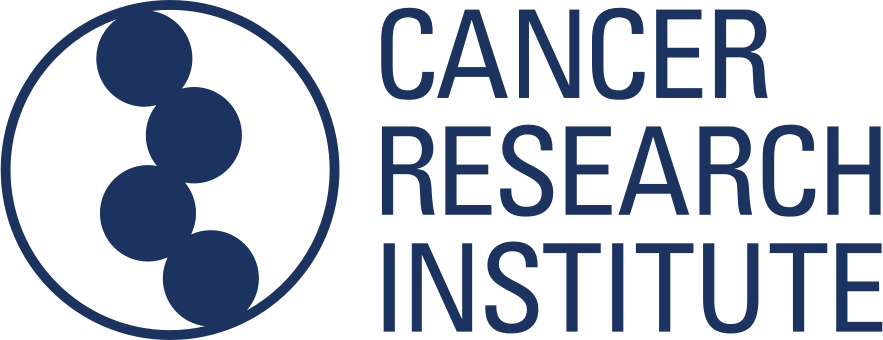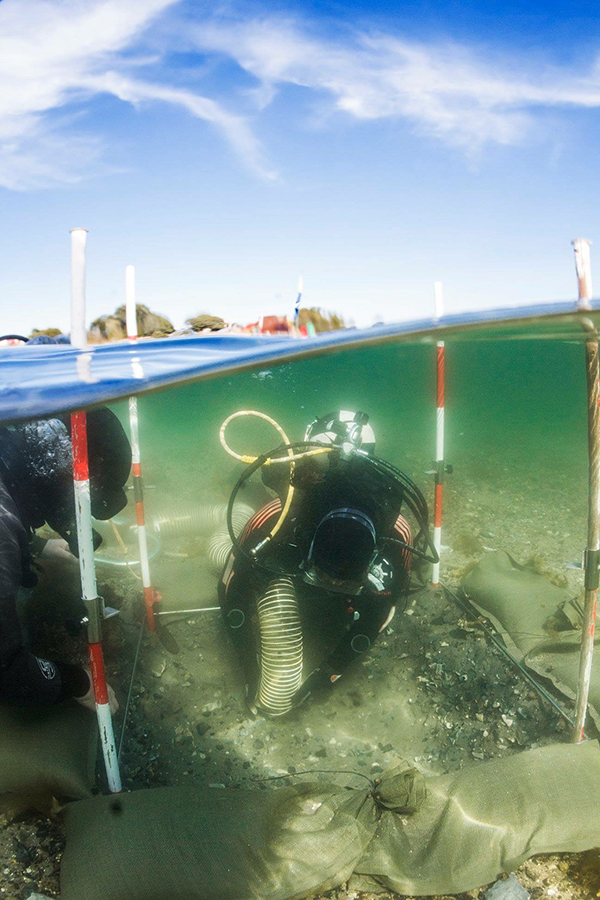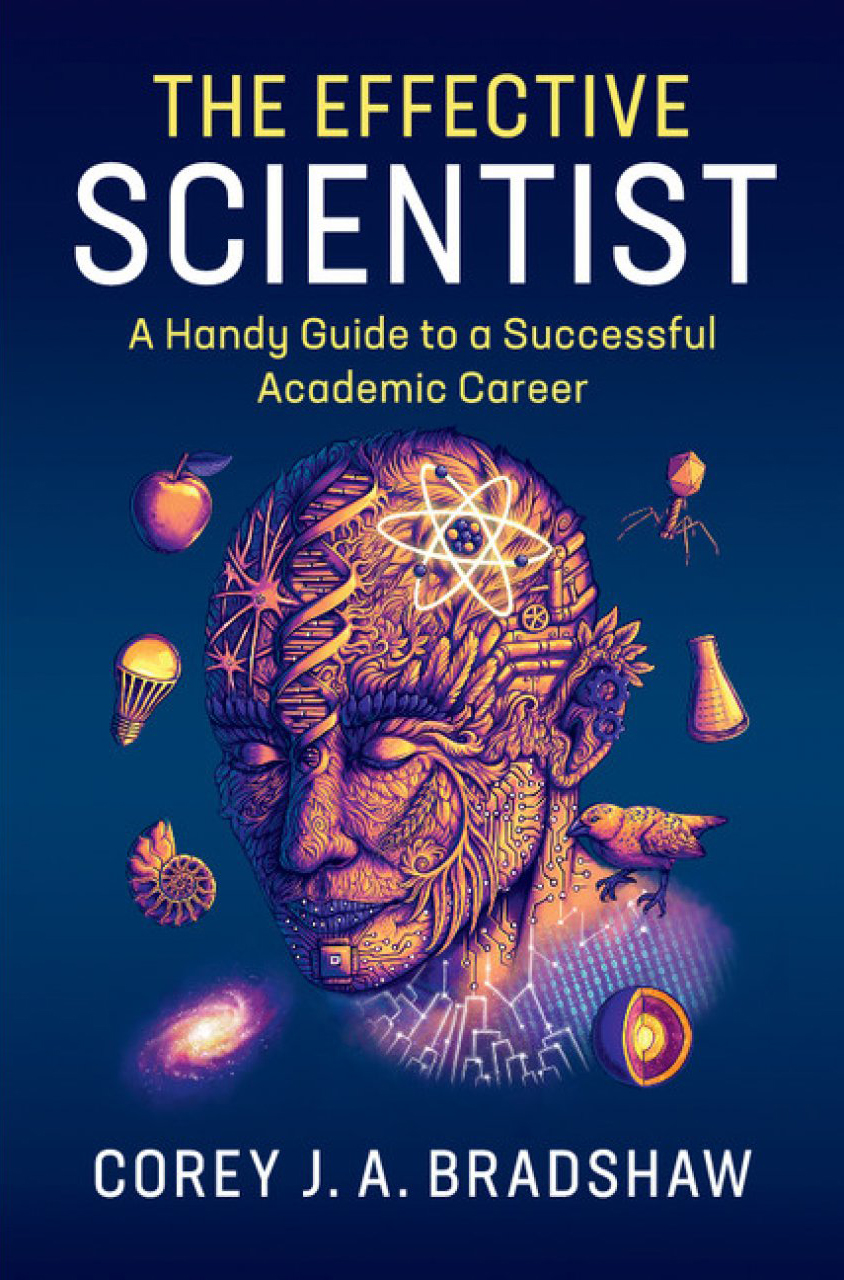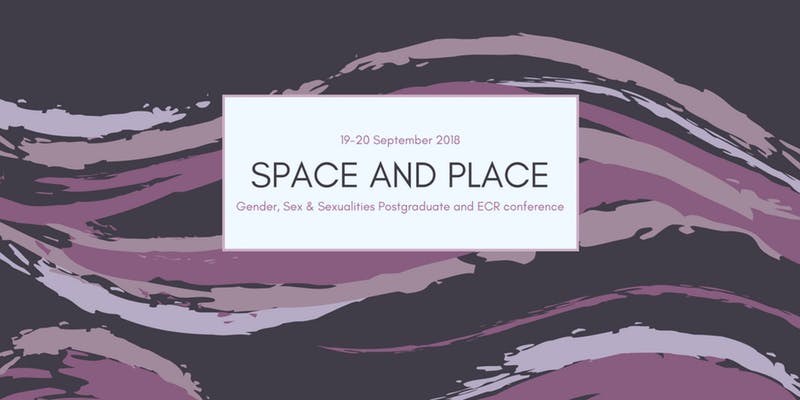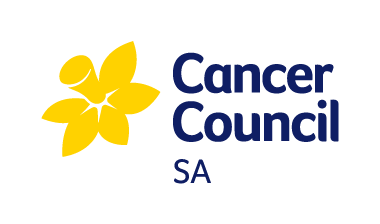New OpportunitiesKnowledge Frontiers - International Interdisciplinary Research Projects

The British Academy is inviting proposals from UK-based researchers across all disciplines within the social sciences and humanities to develop international interdisciplinary research projects with development impact, in collaboration with colleagues from the natural, engineering and/or medical sciences.
The application deadline is Wednesday 3 October 2018 (17:00 UK Time), and the Host Institution deadline is Thursday 4 October 2018 (17:00 UK Time). The Flinders internal deadline is 20 September 2018. For application advice and assistance, please contact Mary Lyons, Senior Research Grants Officer (IGII).
The purpose of each project will be to develop new ideas and methods to bear on existing international challenges and to deliver policy-relevant outputs. Projects will need to demonstrate an innovative and interdisciplinary partnership internationally (between researchers in the social sciences or the humanities on the one hand and counterparts in the natural, engineering and/or medical sciences on the other), yielding new conceptual understanding and policy-relevant evidence on questions of international significance.
The complexities of global change and the proliferation of diverse communities of knowledge, practice and intelligence highlight the necessity of collaborative engagement between communities of practice, disciplines, capacities and borders. The British Academy is keen to support and work with proposals that strengthen understanding of challenges in this context and engage with questions concerning the relationship between expertise, public understanding and policy delivery. We are interested in projects of interdisciplinary nature that examine encounters between academic, professional and lay knowledge, and how valid knowledge, knowledge associations and evidence are built and developed, communicated and disseminated, and the factors which can serve as barriers to this in different political or cultural settings.
The lead applicant must be based at a UK university or research institute, and be of postdoctoral or above status (or have equivalent research experience). International co-applicants are strongly encouraged.
Awards are of 18 months in duration and are available for up to £50,000. Funding can be used to support research and/or clerical assistance (postdoctoral or equivalent); research expenses and consumables; travel and subsistence; and networking, meeting and conference costs. Awards are not funded on a full economic costs basis, with contributions to overheads an ineligible cost.
Applications must be submitted online using the British Academy's Grant Management System (GMS), Flexi-Grant®. For the assessment criteria please see the detailed scheme notes.
Funding for the projects will begin on 31 January 2019.







